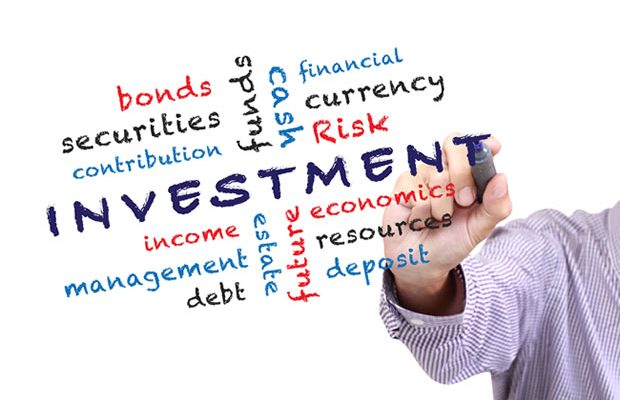Most people either personally own or at least know about credit cards. Credit cards are small, rectangular pieces of plastic that can be used to purchase items in stores and on the Internet in place of cash. All of the many different types of credit cards in existence come with very specific and individual credit terms and conditions that state when payments must be made on credit balances, how much interest must be paid on out-standing credit balances, and what will happen to a credit card holder if payments are not made on time – which usually consists of the need to pay late fees.
Credit cards have, over the course of several decades, become the preferred method of payment for individuals across the Untied States and even the entire world because they are easy to use, convenient, relatively simple to obtain, and they can allow for purchases that would otherwise be unaffordable. In most cases, credit cards are beneficial and a true asset to the economy.
However, when credit cards are abused by being used too often and to purchase items that are extremely expensive, consumers can get themselves into a heap of financial trouble. The most common problems that people have with credit cards are that they charge much more than they can afford, and become severely in debt. It can take some people years to recover from high credit card balances.
A good alternative for individuals who either have bad credit or who do not want to own the responsibility that comes along with a credit card are prepaid charge cards or debit cards. The basic concept behind a prepaid charge card is that it does not allow a person to spend money they do not have, while still providing the convenience of the small, rectangular piece of plastic that is so much more convenient than cash.
A pre-paid charge card is associated with an account that has money in it. Each time the pre-paid charge card is used, money is electronically withdrawn from that account. The account holder can add money to their pre-paid charge account at any time, or money can be automatically transferred from another a separate account on a scheduled basis. Normally, the charge card agency charges the account holder a small fee each time the card is used or they may charge a small monthly fee. Sometimes, there are no fees associated with the card at all.
Prime candidates for pre-paid charge cards are people who have owned a credit card and have developed bad credit, young adults who have never owned a credit card and need practice, parents who want to give a card to their children but do not trust them with official credit, and people who never seem to have cash on hand.
One of the best aspects of most pre-paid charge cards is that they look very similar (if not identical) to regular credit cards. Therefore, if a person has a pre-paid charge card due to the fact that he or she has bad credit, people who see the card will probably not know the difference.
Debit cards are very similar to pre-paid charge cards except that they are normally associated with a persons regular checking or savings account at their local bank. While a debit card may have a Visa or MasterCard logo on it, when the credit card is used, money is automatically withdrawn from the person’s checking or savings account.
Debit cards may or may not have fees associated with them, and the terms and conditions associated with debit cards will vary depending on a person’s bank. Often, banks offer good deals on debit cards if a person agrees to have his or her regular payroll check directly deposited into their checking or savings account on a bi-weekly or monthly basis.
Before deciding on a regular credit card, a pre-paid charge card or a debit card, check out all of the available options available via the Internet and local banks. There are hundreds of options, and there is sure to be an alternative that fits best with any individual’s needs.


